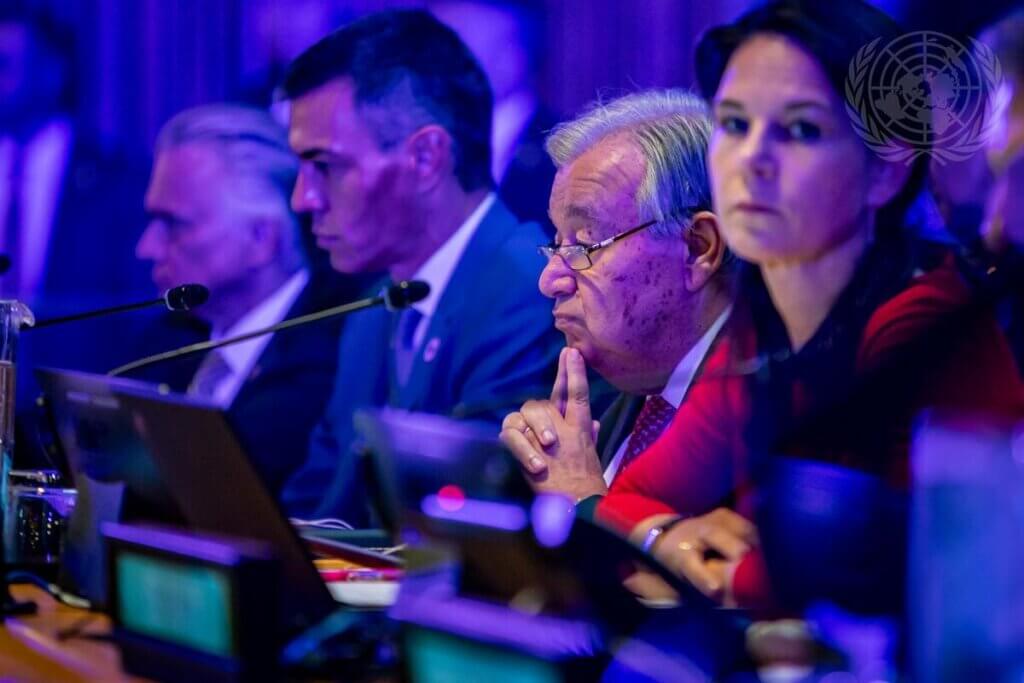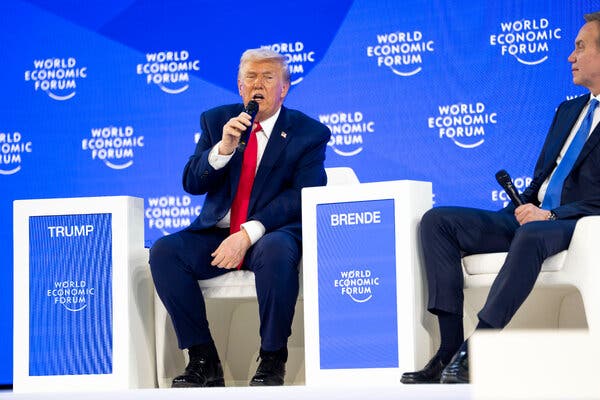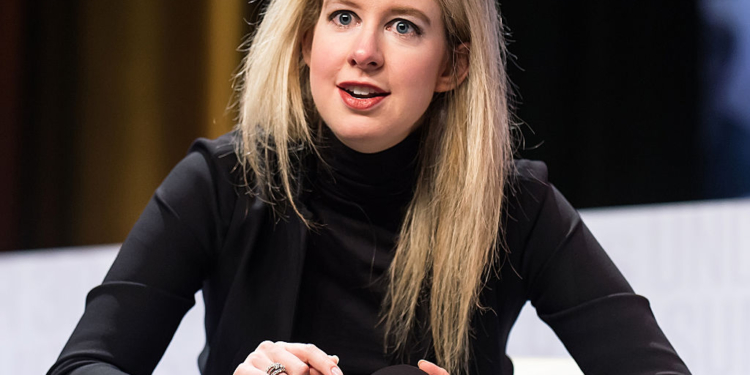
The United Nations Security Council (UNSC) convened recently to address the pressing issue of artificial intelligence (AI) governance, highlighting the challenges posed by rapidly evolving technologies. In a somber reflection, South Korean President Lee Jae Myung, who chaired the session, noted that while the UN emerged from the aftermath of the Second World War, the institution now faces technological advancements that outpace its diplomatic frameworks.
During the opening week of the 80th session of the UN General Assembly, discussions on AI governance took center stage. The growing urgency for a cohesive strategy is underscored by numerous recent initiatives within the UN aimed at regulating AI, many of which have gained traction in the last two years. This shift is evident in the statements made by various world leaders during the UNGA Debate and the launch of the Global Dialogue on AI Governance, a significant outcome of the previous year’s 2024 UNGA session.
Experts and policymakers alike recognize that the global landscape is at a critical juncture. According to Yejin Choi, Professor of Computer Science and Senior Fellow at Stanford University’s Institute for Human-Centered AI, “the world is at an extraordinary inflection point.” The discussions at the UNSC brought to light several key takeaways regarding the governance of AI.
Balancing Potential and Risks
One of the primary objectives of the Debate was to explore methods for mitigating the risks associated with AI while maximizing its benefits for international peace and security. Attendees acknowledged the technology’s dual-use nature, which presents both opportunities and challenges.
Countries such as France and the UK emphasized AI’s transformative capabilities in enhancing peacekeeping operations. They highlighted advancements in early warning systems and data analysis, while Slovenia pointed out AI’s potential to streamline logistics for complex missions. Additionally, Kenya and Guyana discussed how AI could fortify health systems and improve climate response—factors often linked to peacekeeping needs.
Despite this optimism, concerns about AI misuse loomed large. Issues ranged from AI-generated disinformation threatening democratic processes to cyberattacks on critical infrastructure. Somalia and Sierra Leone raised alarms about the uneven distribution of AI technology, noting that vulnerable nations are at greater risk. Algeria pointed to limited internet access and insufficient ICT regulations across Africa as exacerbating factors. The overarching consensus was clear: AI can either deepen global inequalities or act as a transformative force for peace and security.
Defining the UNSC’s Role in AI Governance
Amidst the discussions, the role of the UNSC in AI governance emerged as a contentious topic. While some nations advocated for a more prominent role for the Council, others expressed skepticism. The United States voiced its opposition to centralized international governance of AI, a stance that contrasts sharply with its previous support for collaborative discussions on the issue.
Russia reiterated its belief that UNSC efforts would duplicate existing initiatives, such as the UN Group of Governmental Experts on autonomous weapons systems (AWS). In contrast, China has begun to advocate for a “people-centered approach,” which emphasizes accountability and alignment with international law.
Countries like France acknowledged the need for collaboration with other governance initiatives, including the AI Action Summits. Suggestions from participants like Slovenia included regular briefings for the Council on how AI impacts international peace and security, while Guyana proposed using AI to monitor UNSC resolution implementations.
The implications of the Debate extend beyond technology into the realm of power dynamics in an increasingly AI-driven world. Concerns were raised about whether AI development will remain concentrated among a few technologically advanced nations or be accessible to all. Countries such as Guyana and Somalia cautioned against “digital colonialism,” emphasizing the risks of exploiting developing nations for technological testing.
In his opening remarks, UN Secretary-General Antonio Guterres underscored the necessity for innovation to serve humanity rather than undermine it. He reiterated that AI is merely a tool, with the norms and safeguards surrounding it determining its ultimate impact on society.
As the international community grapples with these pressing issues, the UNSC faces the daunting task of refining its focus on AI governance to ensure that emerging technologies contribute positively to global peace and security.







